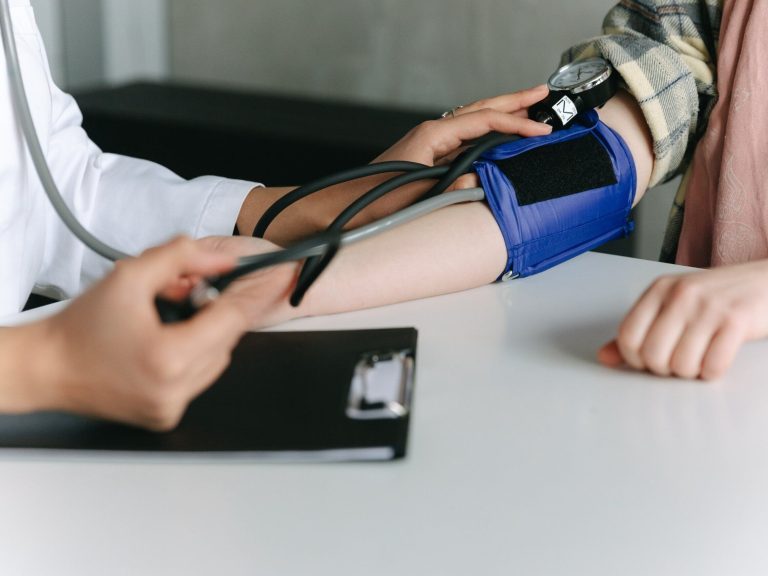Eating strawberries can be dangerous. Find out who should avoid them and why

Strawberries are delicious, healthy and full of vitamins. However, including these fruits in the diet is not good for everyone. In some cases, their consumption may be very dangerous.
Strawberries provide the body with many nutritional values. They contain ascorbic acid, B vitamins, phosphorus, silicon, magnesium, manganese and bromelain. It is an enzyme that facilitates the digestion of fat and carbohydrates. Thanks to this, it accelerates the burning of calories and improves the process of losing extra kilos. Fruits are also a source of polyphenols. These compounds lower the level of “bad cholesterol” and blood glucose levels. They soothe inflammation and strengthen immunity. They protect against atherosclerosis and other diseases, including cancer.
There is no doubt that strawberries have a very positive effect on the entire body. However, not everyone should use them. In some cases, eating these fruits does more harm than good. Check when and why you should exclude them from your diet.
Do not mix strawberries with these medications
People who take certain types of medications should avoid eating strawberries. Fruit consumption is not recommended for patients taking:
-
Some beta-blockers are preparations used, among others, in the treatment of patients with cardiac problems and hypertension. When combined with strawberries, they can increase the level of potassium in the blood and cause many unpleasant symptoms. An excess of this element leads to symptoms such as weakness, tingling and numbness in the limbs or heart rhythm disturbances.
-
Non-steroidal anti-inflammatory drugs – have analgesic and antipyretic properties. They may interact with the salicylates contained in strawberries and increase the risk of side effects associated with taking the preparations.
-
Angiotensin-converting enzyme inhibitors (ACE inhibitors) – just like beta-blockers, are used by people with hypertension and heart and circulatory system diseases. They also have a similar effect when combined with the described fruits.
People taking anticoagulants should also be careful with strawberries. When consumed in large quantities, they may weaken the effect of these preparations (due to the vitamin K contained in them).
Who else can strawberries harm?
People with hypersensitivity or allergy to salicylates should avoid strawberries. Their main symptoms are: skin lesions in the form of hives, itching, hay fever, nasal congestion, sneezing, or watery and red eyes. Common symptoms also include abdominal pain, nausea, vomiting and shortness of breath. In more severe cases, swelling of the upper respiratory tract and anaphylactic shock may occur. If this occurs, the patient should be given adrenaline as soon as possible.
Strawberries are not recommended for people with irritable bowel syndrome (IBS), kidney disease, or esophageal gastric reflux. Compounds contained in fruits may intensify the symptoms of these diseases and cause discomfort and unpleasant ailments, such as heartburn, flatulence or diarrhea. If you notice any disturbing signals from your body after eating strawberries, contact your primary care doctor. If you don't know whether you can include these fruits in your diet, consult a specialist.






